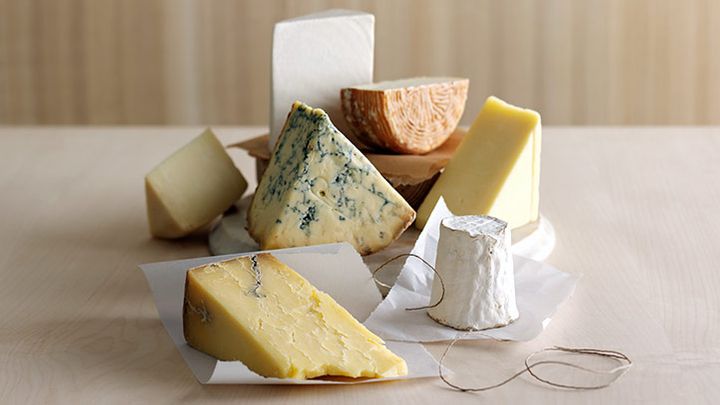In the pursuit of achieving a well-sculpted physique, protein intake is paramount. Protein powders have become an integral part of fitness routines, aiding in muscle growth and recovery. With the market flooded with options, it’s crucial to choose the right protein powder that aligns with your fitness goals. In this article, we’ll delve into the top 7 protein powders for muscle gain that stand out in 2023.
Introduction: The Importance of Protein for Muscle Gain
Protein is the building block of muscles. It’s essential for repairing and rebuilding muscle fibers after strenuous workouts. Protein powders offer a convenient and efficient way to supplement daily protein intake, promoting muscle growth and overall recovery.
Factors to Consider When Choosing a Protein Powder
Before diving into the specifics of the best protein powders, it’s crucial to consider factors such as protein source, amino acid profile, dietary preferences, and any potential allergies. Each protein type caters to different needs, making it vital to align your choice with your fitness objectives.
Whey Protein Isolate: Unleash the Power of Rapid Absorption
Whey protein isolate takes the lead due to its rapid absorption rate. It’s rich in essential amino acids and is particularly effective post-workout, promoting swift muscle recovery and growth.
Casein Protein: Overnight Muscle Recovery
Casein, known for its slow digestion, is perfect before bedtime. It provides a steady release of amino acids throughout the night, preventing muscle breakdown and enhancing overnight recovery.
Plant-Based Protein: Building Muscles the Vegan Way
Plant-based protein powders, often derived from sources like pea, rice, or hemp, offer a complete amino acid profile without animal products. They are excellent for vegans and those with lactose intolerance.
Mass Gainers: Fueling Muscle Growth with Calories
Mass gainers combine protein with a significant amount of carbohydrates and calories. They are ideal for individuals with high metabolic rates and those struggling to consume sufficient calories from whole foods alone.
Pea Protein: A Gem for Enhanced Digestibility
Pea protein is easily digestible and suitable for individuals with sensitive stomachs. It’s rich in branched-chain amino acids (BCAAs) that aid muscle recovery and growth.
Collagen Protein: Beyond Muscles to Joints and Skin
Collagen protein supports not only muscle health but also joint mobility and skin elasticity. It’s a versatile option that contributes to overall well-being.
Egg White Protein: A Complete Source of Amino Acids
Egg white protein contains all essential amino acids, making it a complete protein source. It’s low in fat and carbohydrates, making it a great choice for lean muscle development.
How to Incorporate Protein Powder for Optimal Results
To maximize the benefits of protein powders, it’s essential to use them strategically. Consider using them as post-workout shakes, in-between meals, or as meal replacements when necessary.
Timing Your Protein Intake: Pre and Post-Workout
Consuming protein before and after workouts is crucial. Pre-workout protein prepares the muscles for the impending stress, while post-workout protein aids in recovery and growth.
The Myth of Overconsumption: Protein and Kidney Health
Contrary to popular belief, a higher protein intake does not necessarily harm kidney function in healthy individuals. However, those with pre-existing kidney conditions should moderate their protein intake.
Staying Informed: Reading the Nutrition Labels
When choosing a protein powder, always read the nutrition labels. Look for minimal additives, sufficient protein content per serving, and a favorable amino acid profile.
Conclusion
Selecting the right protein powder can significantly amplify your muscle gain journey. With options ranging from whey protein isolate to plant-based alternatives, you have the flexibility to tailor your supplement to your preferences and dietary needs. Remember, consistency in both nutrition and training is key to achieving your fitness goals.




